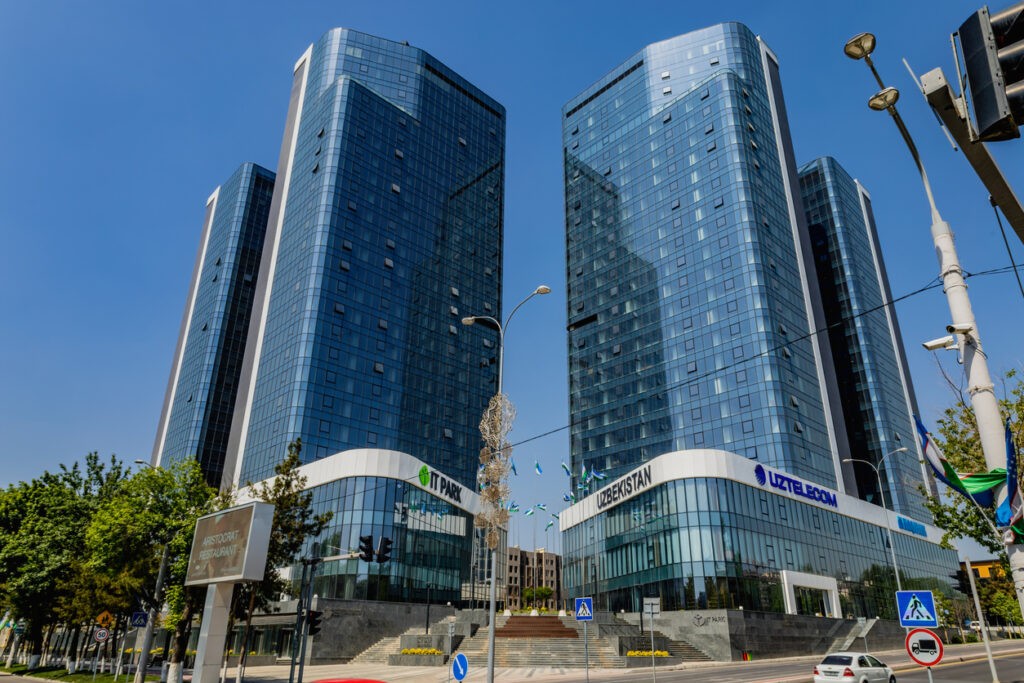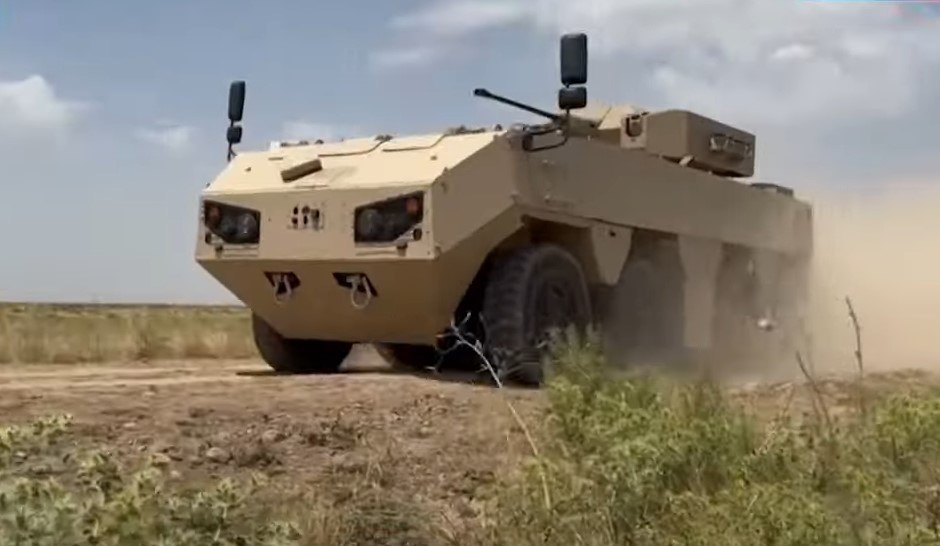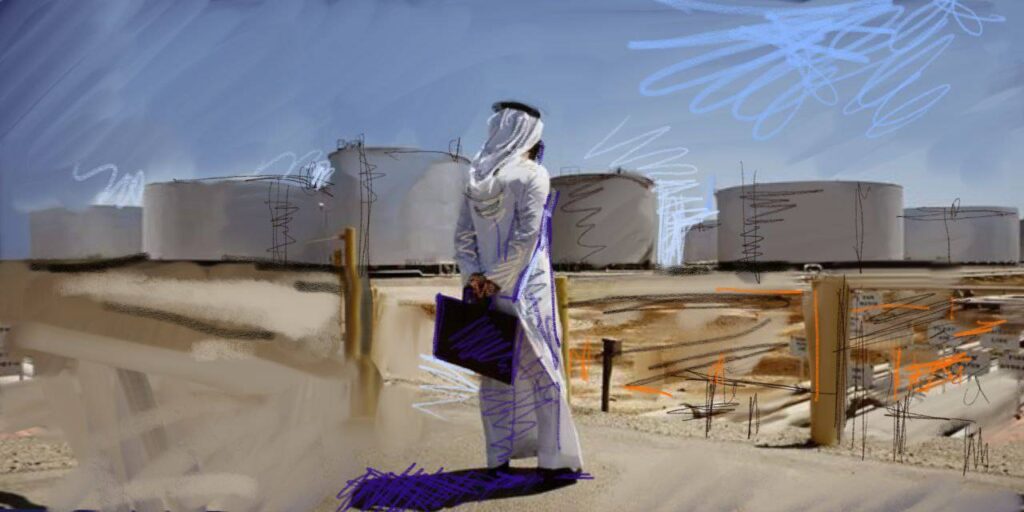Rise in Uzbekistan’s Foreign Trade Turnover
According to a report published by the Statistics Agency of Uzbekistan on the country's socio-economic situation for the first half of 2024, the gross domestic product amounted to 567.4 trillion UZS ($44.93 billion), an increase of 6.4% compared to the same period last year. The industrial network grew by 7.8%; agriculture, forestry, and fisheries by 3.8%, and construction by 10.1%. Local enterprises produced industrial products worth 370.0 trillion UZS ($29.30 billion) and the volume of agricultural, forestry, and fishery products totalled 170,297.3 billion UZS ($13.49 billion). The rate of inflation in Uzbekistan's consumer sector was 5.2%. Foreign trade turnover amounted to $31,828.2 million, an increase of $2,486.7 million or 8.5% compared to 2023. Exports reached $12,992.7 million, an increase of 5.5%, and imports, reached $18,835.5 million, an increase of 10.6% compared to the previous year. In July 1, 2024, 455,600 enterprises (excluding farms and peasant farms) were operating in the country, of which 387,100 are small enterprises and micro firms. Between January and June, 42,400 new enterprises and organizations were established, of which 41,000 were small enterprises and micro firms, and by July, of the 13,880 enterprises operating with foreign capital, 4,221 were joint ventures, and 9,659, solely international.
asd





